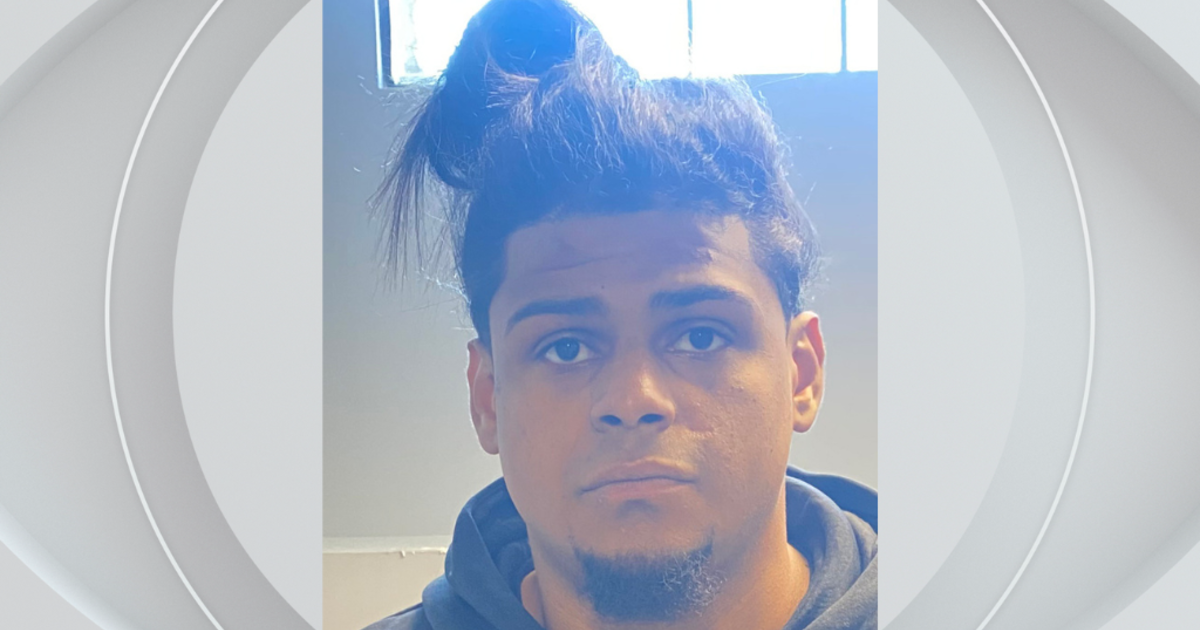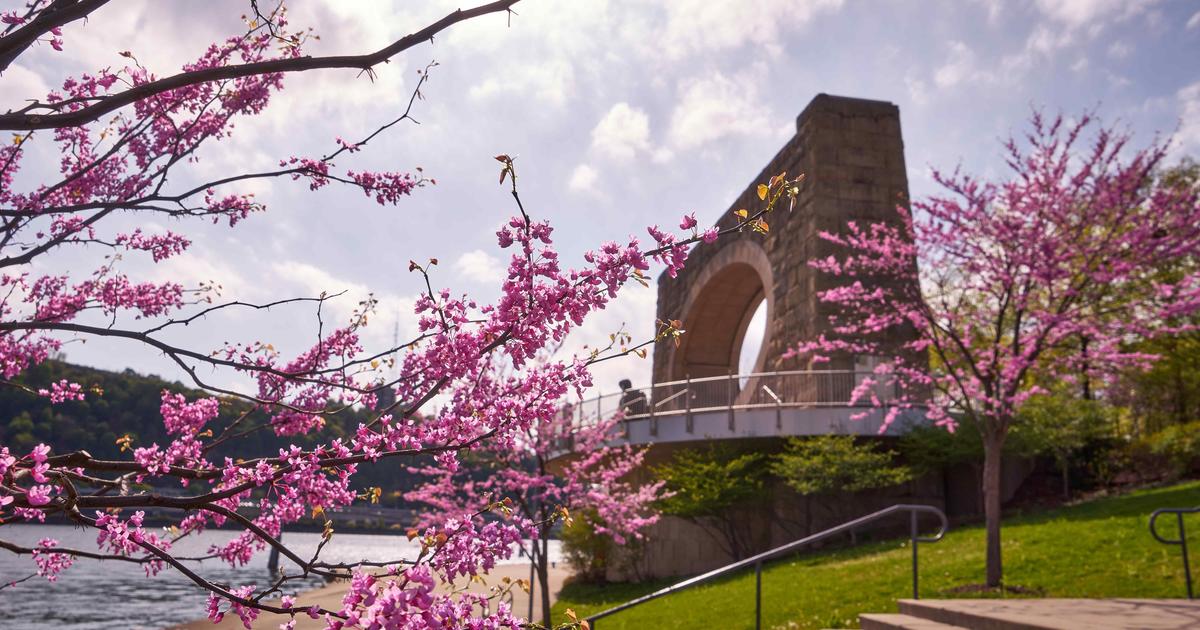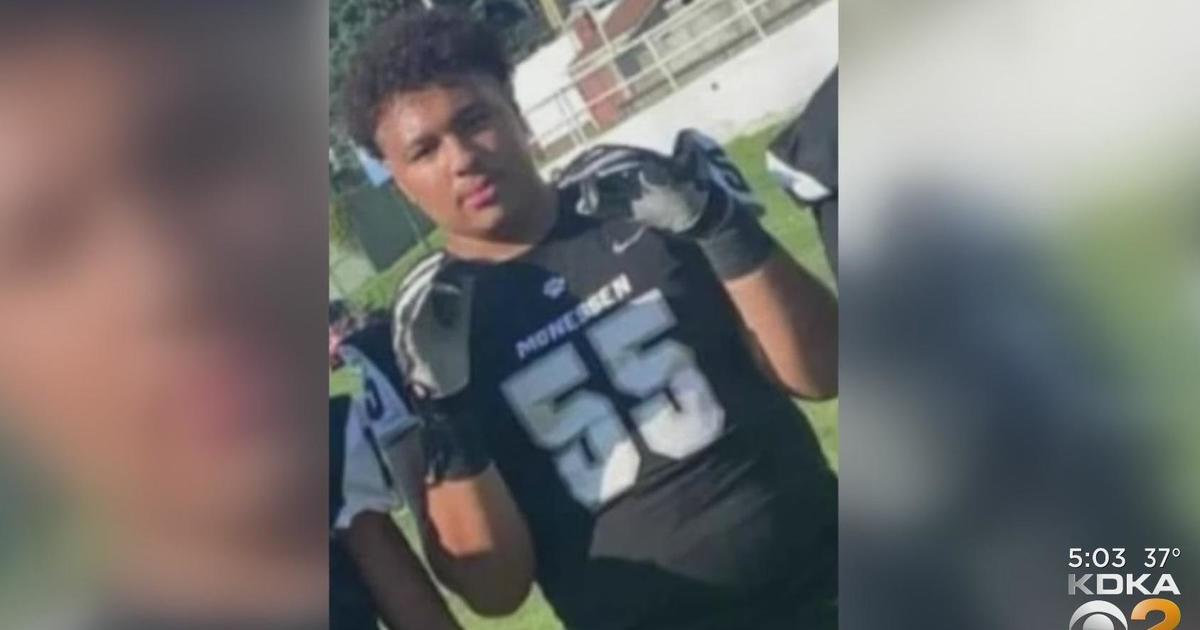Former Parishioners Of Shuttered Church Accuse Pittsburgh's Catholic Diocese Of Fraudulent, Deceptive Practices
MONONGAHELA (KDKA) -- Parishioners at the now-closed St. Anthony Church in Monongahela are not giving up their fight to have their church reopened.
The Catholic Diocese of Pittsburgh closed the 110-year-old church five years ago, and many say they feel the diocese wasn't transparent about their plans to close its doors.
An appeal in the fight was heard in court Monday.
The faithful from the former St. Anthony Church came out for the appeal, which was heard by commonwealth judges in Supreme Court chambers in the City-County building downtown. Attorneys say it's fairly unprecedented for civil court to hear challenges to decisions made by a church.
"However, there is some pretty strong Supreme Court precedence that says when there are allegations of fraud, such as we have here, that it is proper for the courts to hear those particular types of challenges," Michael Hammond,the attorney for the parishioners, said.
The group is alleging the Catholic Diocese of Pittsburgh engaged in fraudulent and deceptive practices within their On Mission For The Church Alive, a diocese campaign to consolidate parishes.
"I think Church Alive is definitely not how it was portrayed to people, that it was meant to keep churches open and alive. Church Alive to me was nothing more than a church closure plan," Laura Magone, a former St. Anthony's parishioner, said.
In 2014, the Diocese merged St. Anthony and Transfiguration parishes into one parish, renaming it St. Damien of Molokai.
"Obviously, there's been a decline in church attendance over a number of years, 15, 20 years and so when we do these consolidations, we're trying to make it stronger so people feel the vibrancy of the faith," Father Thomas Kunz, of the Diocese of Pittsburgh, said.
But the group says beyond the disappointment felt about the church closing, they feel they were encouraged to continue making donations without insight into church decision making.
"They would induce certain parishioners to spend a lot of money refurbishing their church buildings all under the guise of, if you would do this, we would not close your churches," Hammond said.
Additionally, the attorneys allege collections served to bolster church buildings and properties to make them more attractive to sell.
"There's no accountability. They are never forced to answer questions," Magone said.
It may take several months before the commonwealth judges decide if the diocese needs to produce evidence next.



